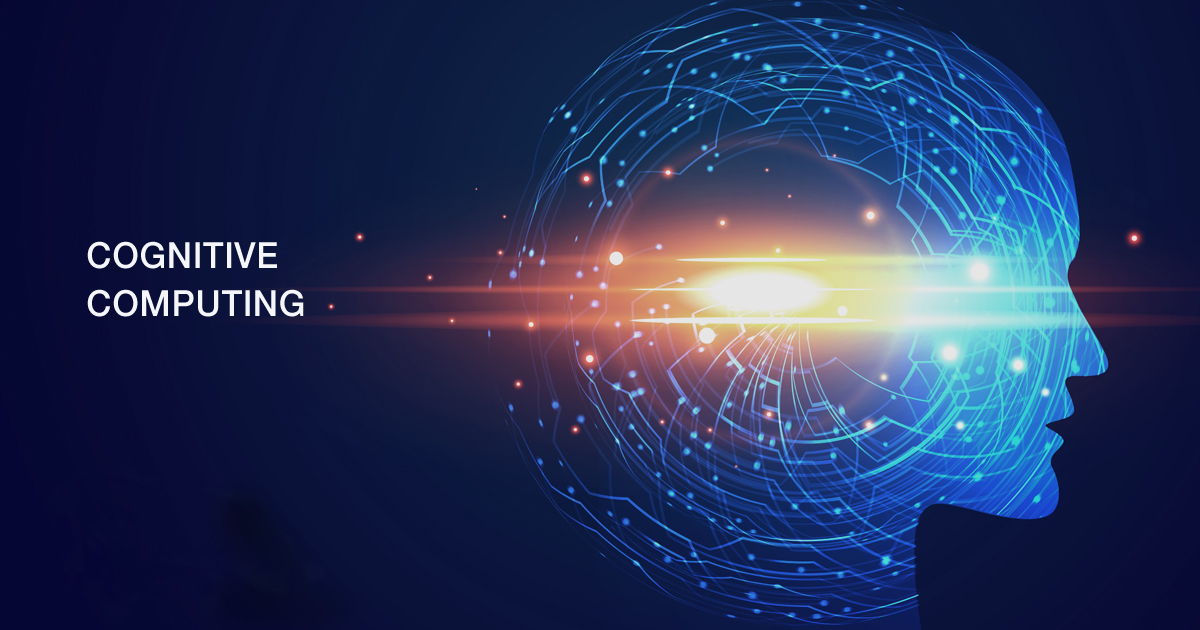Blog Detail


What do we understand by Cognitive Systems Study?
27-01-2020

B.Sc. in Cognitive Systems in partnership with TCS is an interdisciplinary degree program that can be considered as the intersection of computer science and computational linguistics. The program’s main aim is to understand and study the advancement of AI.
It’s like the cognitive technology is created to perform four core tasks:
Sense
Cognitive technologies can increasingly assimilate and map unstructured data in a wide range of formats, extract and process relevant information from them.
Learn
Technologies such as machine learning, have enabled cognitive systems to upgrade their knowledge and algorithmic models based on the real-world outcomes. Most cognitive systems follow two methods for continuous learning—explicit training and observational self-learning skills to improve their efficiency for performing tasks.
Think
Cognitive technologies use machine learning and deep learning techniques to analyze and characterize normal behavior. This has made it possible to predict future system behavior under expected and anomalous conditions as well as produce actionable insights and recommendations.
Interact
Cognitive systems think and act like experts. Unlike a bot, they do not need to be programmed with explicit instructions to perform tasks. Instead, they have the ability to mimic the human brain and combine self-learned context with reusable patterns to construct procedures to perform complex activities utilizing reusable simple skills.
Jain (Deemed-to-be University) in collaboration with TCS has launched a Bachelor of Science degree course for students to be ‘future-ready’ for all Ai related fields.
What’s in it for the students?
- Students will learn to comprehend and integrate their research practice in computational linguistics (“language”), machine learning (“learning”), and artificial intelligence (“reasoning”).
- This 3 years degree program will help create a pool of Industry ready students and teaching ecosystem that provide value to IT business needs in the areas of IT - Infrastructure and IT - Applications - Maintenance & Support services.
- New Age Computer Science degree by Jain (Deemed-to-be University)
- A TCS-Jain (Deemed-to-be University )Industry 4.0 Certifications
- Global exposure
Become an expert at Cognitive technologies and get added opportunities to study abroad and get a TCS Industry 4.0 certification
FAQs
Q1. What is the study of cognitive?
A1. The study of cognition involves understanding how the mind works with information. It explores how individuals acquire, process, store, and retrieve information. This approach views the mind as an information-processing system, similar to a computer, where stimuli are received, interpreted, and responded to through thought or action.
Q2. What does the cognitive approach study?
A2. The cognitive approach studies the mental processes that guide human behaviour. It focuses on how information is received, organised, and applied by the brain.
The cognitive approach covers areas such as perception, memory, attention, reasoning, problem solving, and language. Brain scans and experiments help understand how these processes work.
Q3. What are the 3 main characteristics of the cognitive system?
A3. The cognitive system has three main characteristics:
- Information processing in stages—The cognitive system takes in information through the senses, processes it mentally, and produces an output such as decisions or actions.
- Mental representations—The brain creates internal models, such as schemas or mental maps, to help make sense of information and guide actions.
- Limited capacity with control mechanisms—The system can only handle a certain amount of information at once, so it uses cognitive processes like attention and decision-making processes to manage and organise that information.